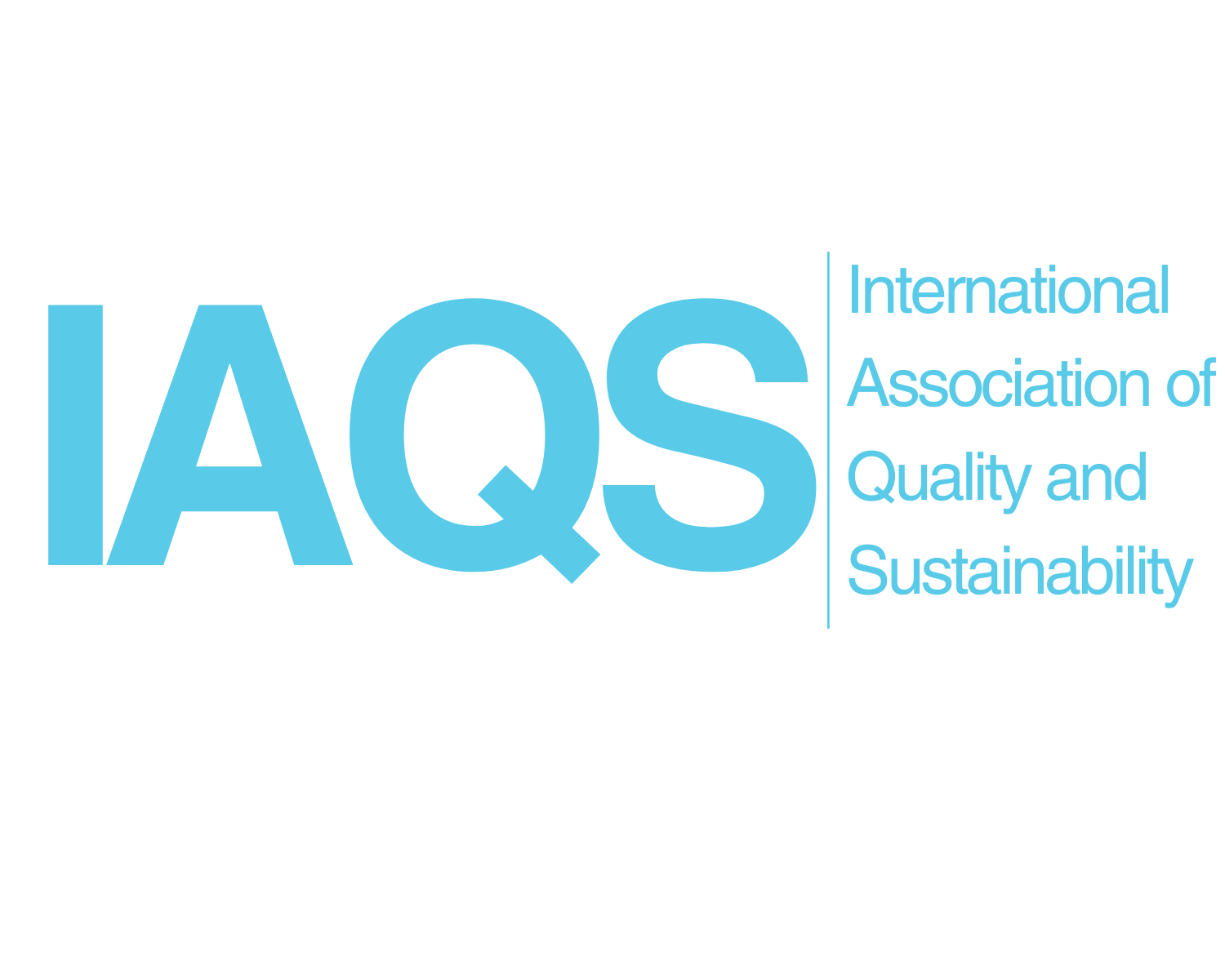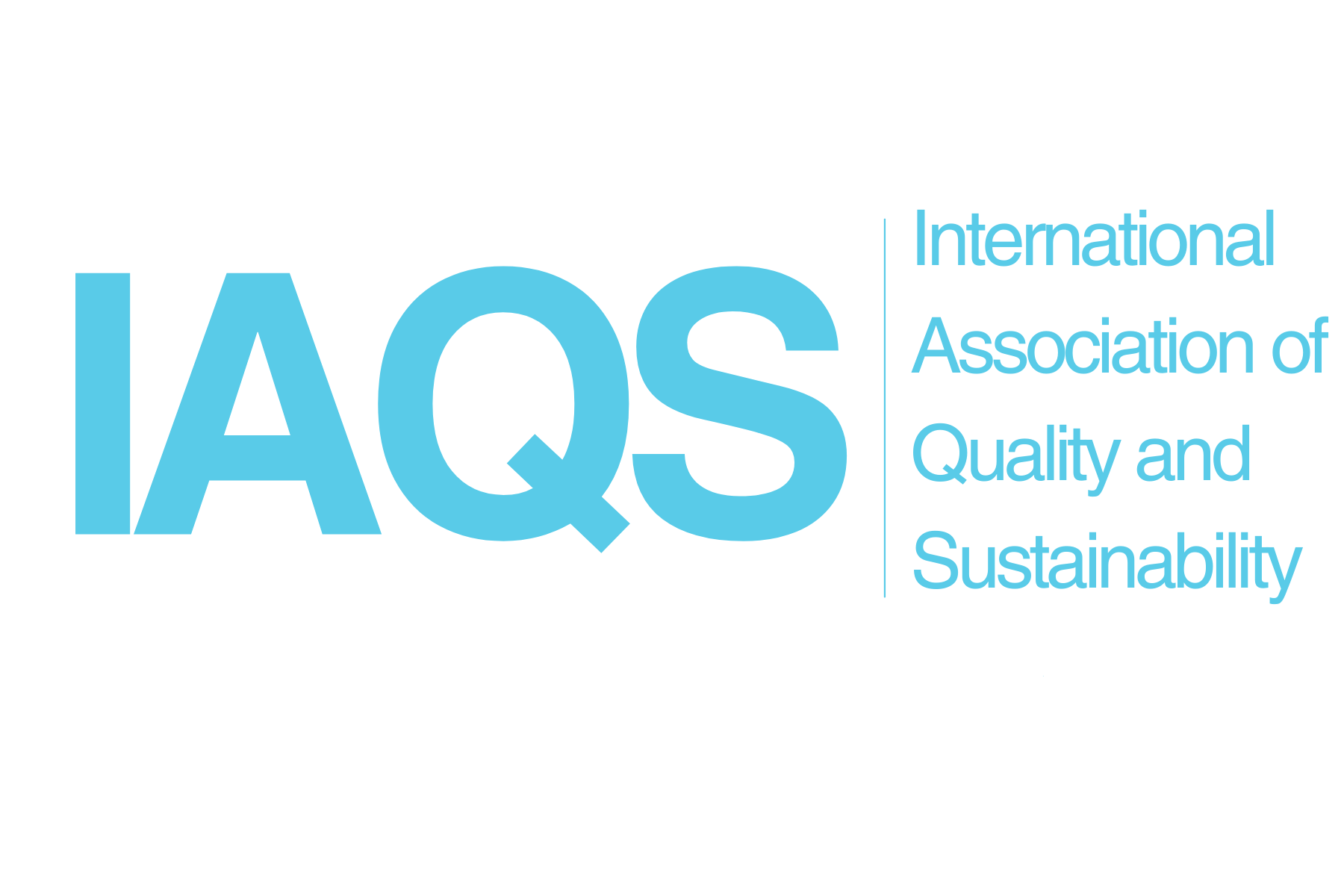The Contribution of the Newly Released ISO 42001:2023 AI Standard to Technology and Entrepreneurs

The rapid development of artificial intelligence (AI) technology in recent years has led to significant changes across various sectors. In this context, establishing specific standards for the safe and ethical use of AI is crucial. The newly released ISO 42001:2023 AI Standard addresses this need and provides substantial contributions to the world of technology and entrepreneurship.
ISO 42001:2023 standard offers a comprehensive framework for the development, implementation, and management of AI systems. It ensures that these systems are designed and operated in a manner that is ethical, transparent, and accountable. This new standard sets forth guidelines that help organizations mitigate risks associated with AI and maximize its benefits.
One of the most impactful aspects of ISO 42001:2023 is its focus on transparency and accountability. The standard mandates that AI systems must be explainable and understandable to users. This means that organizations must be able to provide clear and concise explanations of how their AI systems make decisions. This level of transparency is essential for building trust with users and stakeholders, as it helps to ensure that AI is used responsibly and ethically.
Another critical aspect of ISO 42001:2023 is its emphasis on data privacy and security. The standard requires that organizations implement robust measures to protect the data used and generated by AI systems. This includes ensuring that data is collected, stored, and processed in compliance with relevant privacy regulations and that appropriate security controls are in place to prevent unauthorized access and data breaches. For entrepreneurs, adhering to these data protection requirements can enhance their reputation and help them gain a competitive edge in the market.
The standard also highlights the importance of continuous monitoring and evaluation of AI systems. ISO 42001:2023 stipulates that organizations must regularly assess the performance and impact of their AI systems to ensure they remain effective and compliant with ethical guidelines. This ongoing evaluation helps to identify and address any potential issues early, thereby reducing the risk of harm and enhancing the overall reliability of AI applications.
For entrepreneurs and startups, the adoption of ISO 42001:2023 can provide several significant advantages. Firstly, it can facilitate access to new markets by demonstrating a commitment to high standards of AI ethics and governance. This can be particularly valuable in industries where regulatory compliance and consumer trust are paramount. Secondly, the standard can help startups attract investment by providing assurance to investors that their AI technologies are developed and managed responsibly. Lastly, by following the guidelines set forth in ISO 42001:2023, entrepreneurs can reduce the risk of legal and reputational issues, allowing them to focus on innovation and growth.
In conclusion, the ISO 42001:2023 AI Standard represents a significant advancement in the governance of artificial intelligence. By promoting transparency, accountability, data privacy, and continuous monitoring, it provides a robust framework that benefits both technology developers and entrepreneurs. As AI continues to evolve and permeate various aspects of society, adhering to this standard will be crucial for ensuring that its development and deployment are carried out in a responsible and ethical manner.

